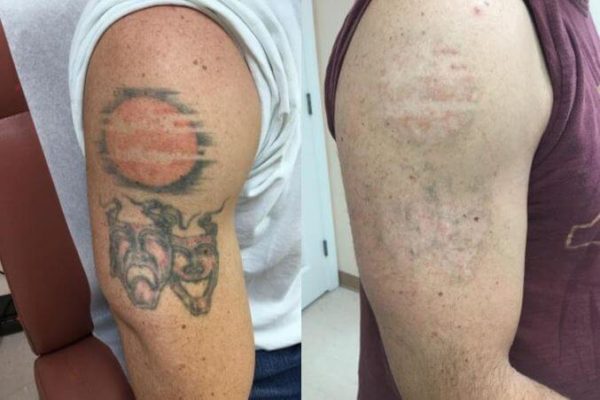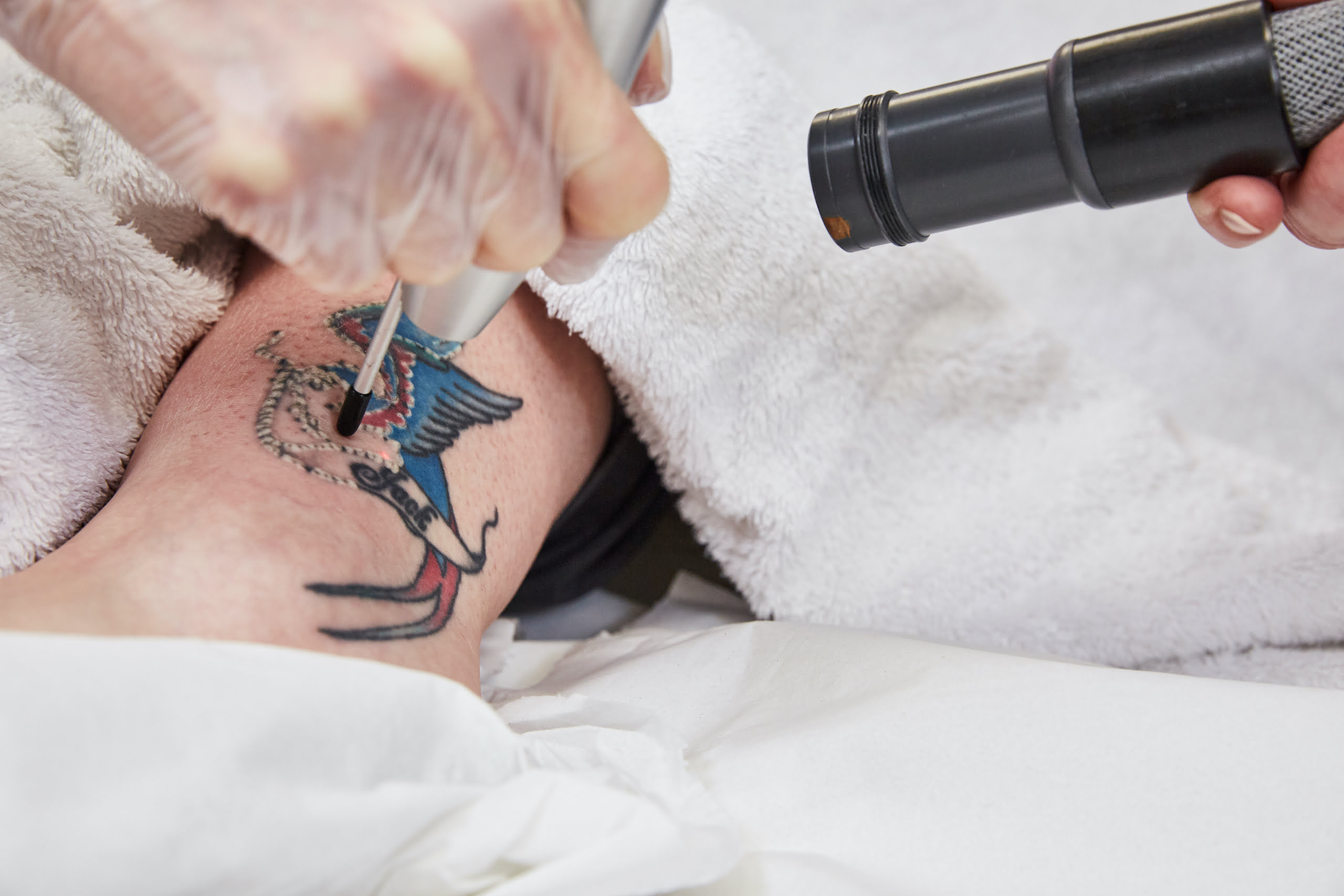

Regretting that impulsive tattoo? Laser tattoo removal offers a safe and effective solution to erase unwanted ink. But with so many options, navigating the process can feel overwhelming. This guide equips you with the knowledge to make informed decisions and achieve optimal results.
Understanding the Science:
Laser tattoo removal utilizes targeted light beams to break down pigment particles. The laser's specific wavelength is chosen to match the tattoo's color, allowing it to be absorbed by the ink and converted into heat. This heat disrupts the ink particles, causing them to fragment and be naturally eliminated by the body.
Finding the Right Professional:
Choosing an experienced and reputable laser technician is crucial. Research clinics with board-certified dermatologists or plastic surgeons specializing in laser tattoo removal. Check online reviews and ask for before-and-after photos to gauge their expertise and results.
The Removal Process:
The treatment typically involves multiple sessions, spaced several weeks apart, to achieve optimal fading. During each session, the laser is applied to the tattooed area, often with a cooling device to minimize discomfort.
Factors Affecting Results:
Ink color: Darker colors, like black, are generally easier to remove. Lighter colors, like yellow or white, can be more challenging.
Ink depth: Tattoos with deeper ink require more sessions.
Skin type: Individuals with lighter skin tones tend to experience faster results.
Post-Treatment Care:
Following your laser treatment, the treated area will likely be red and slightly swollen. Avoid sun exposure, apply prescribed creams, and keep the area clean.
Cost Considerations:
The cost of laser tattoo removal varies depending on factors like the tattoo's size, location, color, and the number of sessions required. Consult with your chosen clinic for an accurate estimate.
Alternatives to Laser Removal:
While laser removal is highly effective, alternative options exist, such as surgical excision (removal of the tattooed skin) or dermabrasion (using a rotating tool to remove the top layers of skin). However, these procedures can be more invasive and may leave scars.
Making the Right Choice:
Before committing to laser tattoo removal, consult with a qualified professional to assess your individual needs and expectations. They can provide personalized recommendations and guide you through the process for successful results. Remember, removing a tattoo takes time, patience, and careful consideration.

0 comments:
Post a Comment
Note: Only a member of this blog may post a comment.